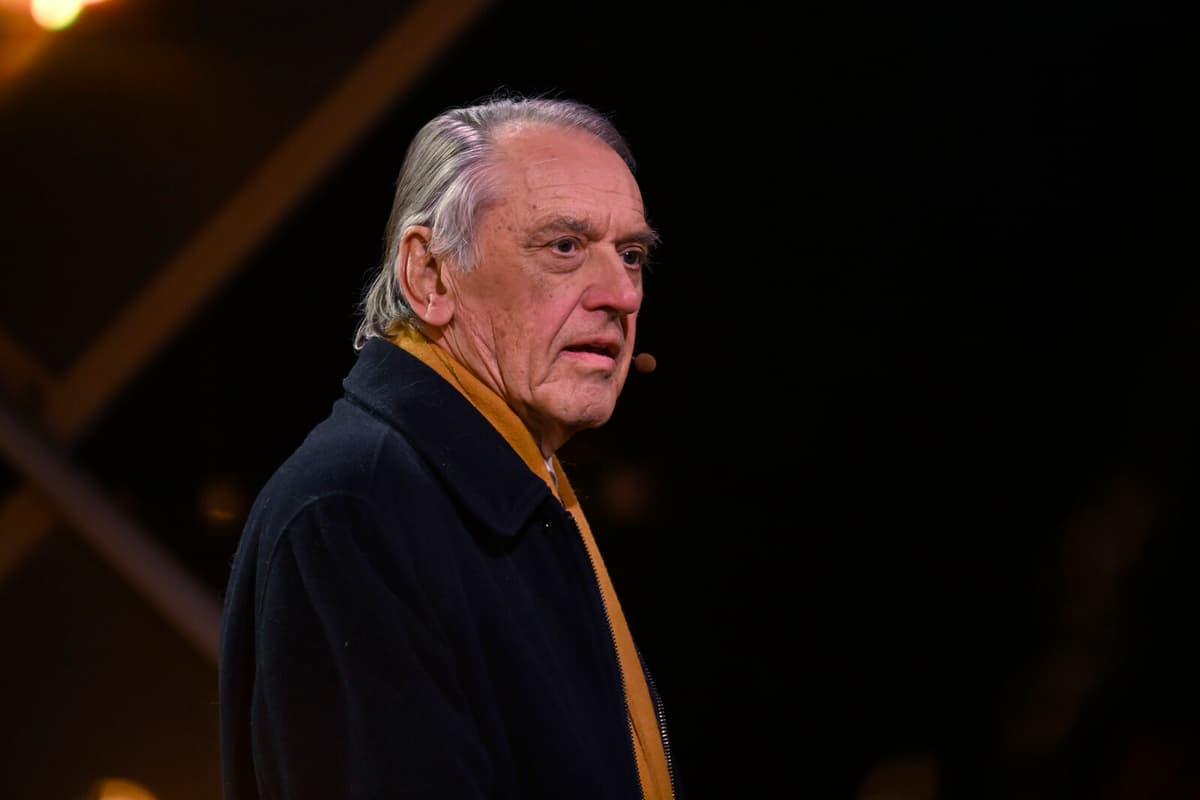Despite Iran recently firing over 200 rockets at Israel, many analysts agree that the regime in Tehran would rather avoid a large-scale war. Nor is the US believed to want to see an escalation.
The remaining question is Israel – whose Prime Minister Benjamin Netanyahu has promised that Iran will pay dearly. It is therefore ruled out that Israel will choose not to respond to Iran's attacks – despite international pressure for de-escalation, according to Jan Eliasson, who was Vice Secretary-General of the UN from 2012-2016.
However, there is still hope of avoiding a direct war between the two regional superpowers.
That Israel does not respond too aggressively, and that Iran chooses not to take further action against what is happening. These are the two steps that are most important, says Eliasson.
Advertisement
"Not so optimistic"
Peter Wallensteen, peace and conflict researcher at Uppsala University, is on the same line – but adds that the balancing act is very difficult.
Israel wants to strike so that it is substantial, so that it is noticeable. For they want to have a deterrent effect. The question is whether Israel manages to find a target that is not escalating, says he.
Large population centers or government buildings are examples of targets that can be provocative, while attacks on purely military targets do not necessarily have to lead to further response, speculates Wallensteen.
Hopefully. But I am not so optimistic, says he.
Advertisement
A ceasefire in Gaza, which with the latest developments in Lebanon and Iran has fallen into the background, could also cool down the situation in the entire region.
Opportunity to achieve goals?
But the escalated situation also means for Israel's part an opportunity to achieve geopolitical goals that have been set for a long time, especially by the right-wing part of the Israeli government that Netanyahu belongs to.
They have got this escalation as a kind of springboard to get at Hamas first and foremost and Hezbollah second, says Jan Eliasson.
It has also been known for a long time that Netanyahu has wanted to reduce Iran's nuclear energy program, which is feared to develop nuclear weapons.
Maybe they use the situation to do something that they have long wanted, says Eliasson.






